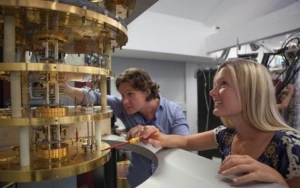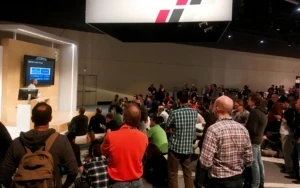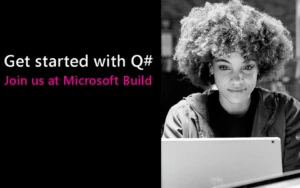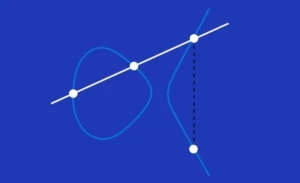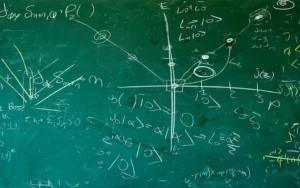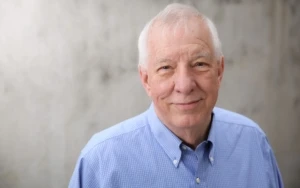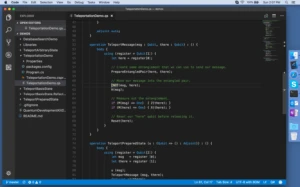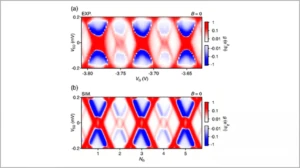Just a few months back, Microsoft CEO Satya Nadella shared our vision of empowering the quantum revolution with bold investments towards a scalable end-to-end solution, revolutionary topological approach, and a global team. Today, we take the next step in this journey with the Microsoft Quantum Development Kit to help you get started with quantum development. The Microsoft Quantum Development Kit, preview available here, includes the following three key components: Fully integrated quantum-focused programming language Q# (Q-sharp): Designed ground up for quantum, Q# is the most approachable high-level programming language with a native type system for qubits, operators, and other abstractions. Read more

